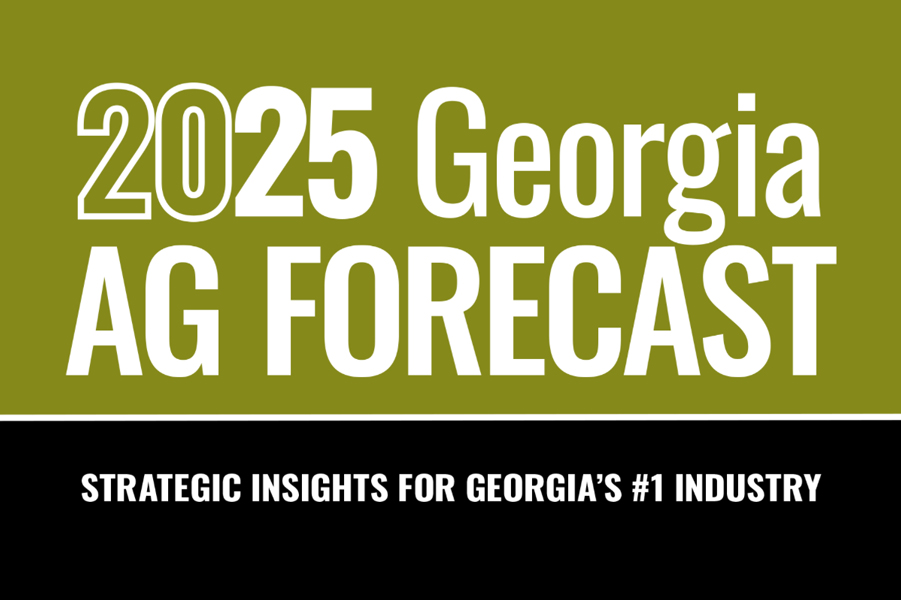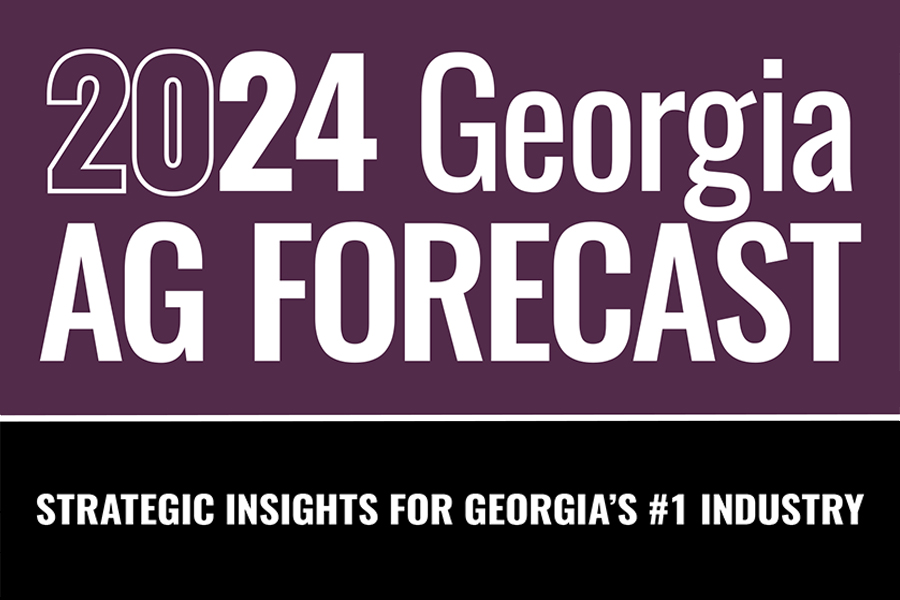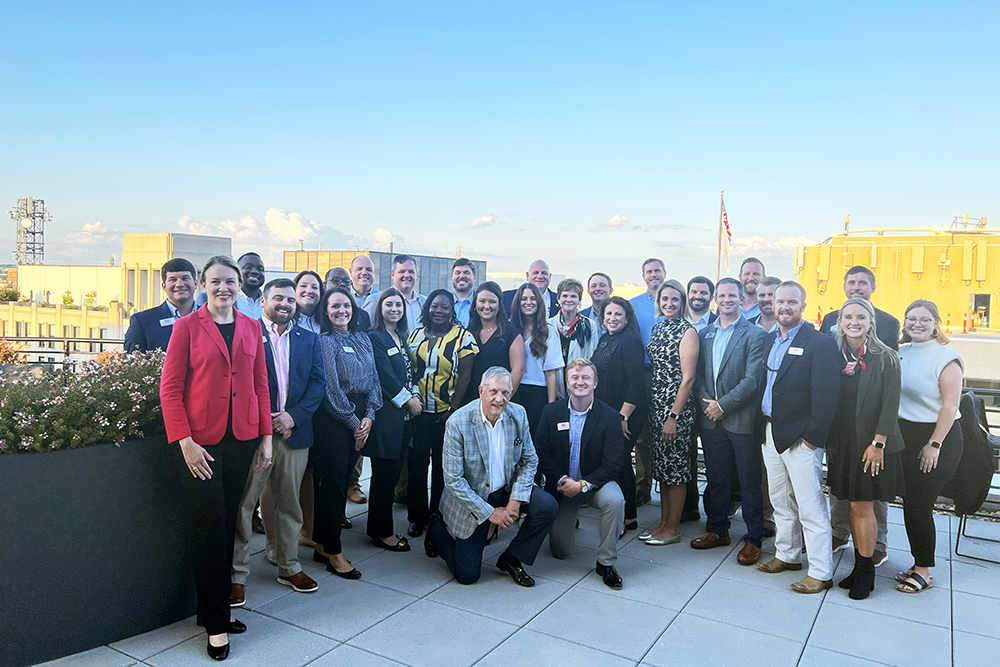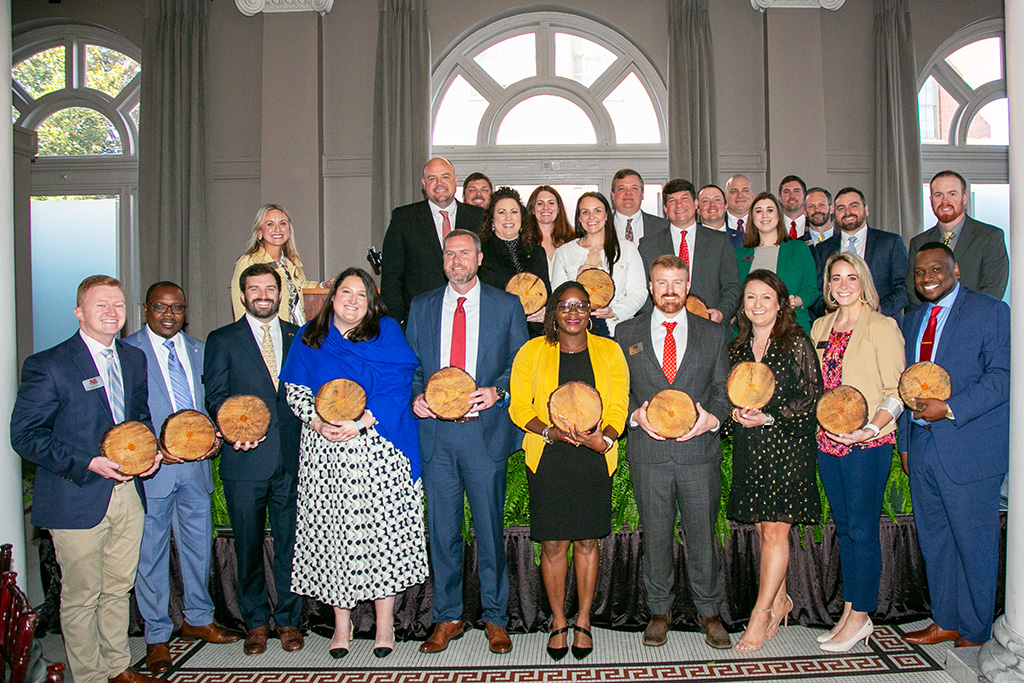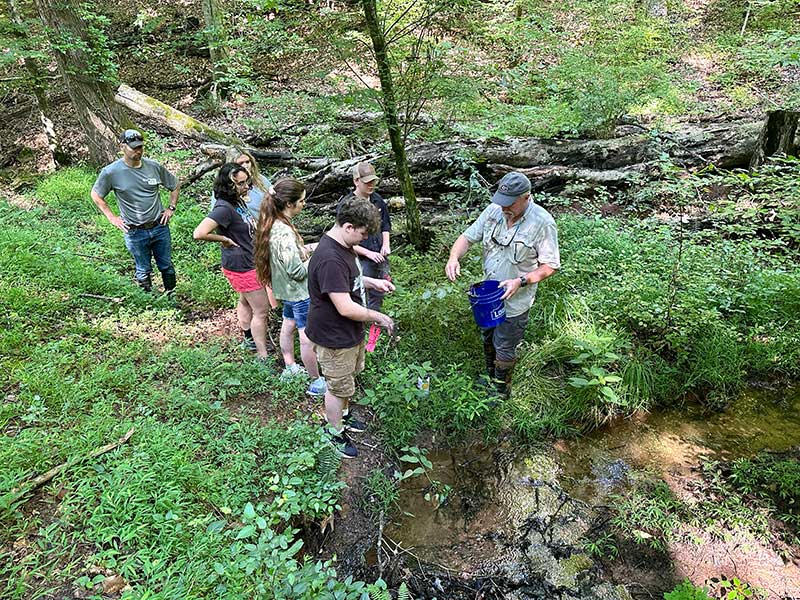Lisa Jennings, TACCIMO Climate Change Outreach Specialist, Eastern Forest Environmental Threat Assessment Center
Leslie Boby, Extension Associate, Southern Regional Extension Forestry
Bill Hubbard, Southern Regional Extension Forester
Mark Megalos, Exetnsion Forestry Specialist, North Carolina State University
Private forest owners control most of the southern forest resource and are critical to maintaining forest health in the South. Record droughts, rising temperatures, increased frequency and intensity of wildfires, insect and plant invasions, and more intense storm events all pose threats to the health of Southern forests. Scientists project that increases in temperature and changes in rainfall patterns will cause these disturbances to become more common, occurring with greater intensity or duration. This pamphlet reviews healthy forest strategies and approaches to decrease the risks associated with these disturbances on your forestland.



